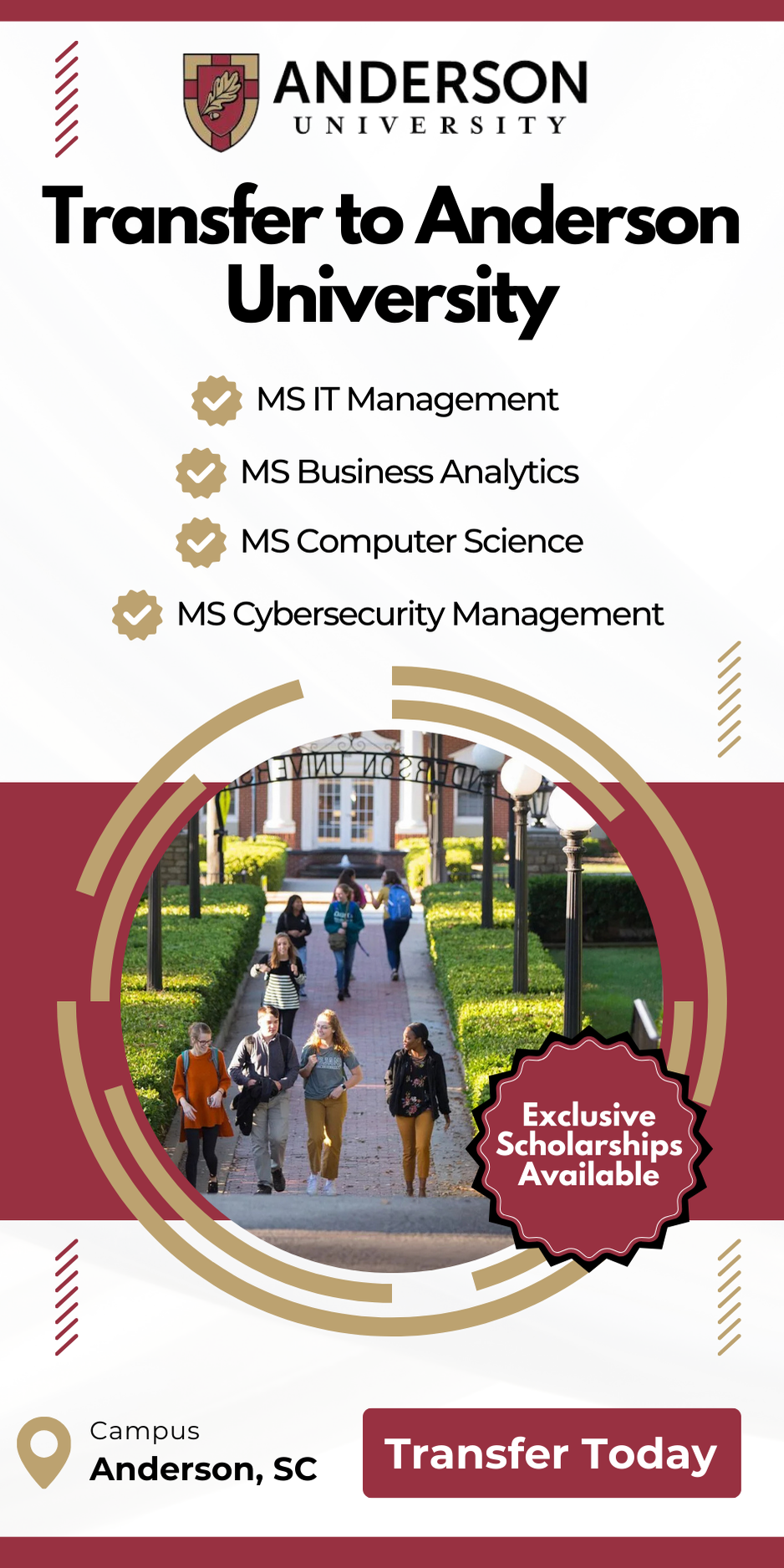Overview
Day 1 Curricular Practical Training (CPT) programs offer international students the opportunity to gain practical work experience from the onset of their academic journey in the United States. However, concerns have arisen regarding certain institutions misusing this provision, leading to the emergence of “blacklisted” universities. This article delves into the controversy surrounding blocked Day 1 CPT universities and provides guidance on identifying and avoiding them.
Understanding the Blacklist Controversy
The term “blacklisted universities” refers to institutions that have come under scrutiny for engaging in practices that violate immigration regulations or compromise educational standards. A notable example is the University of Farmington incident in 2019, where federal agents established a fictitious university to expose visa fraud schemes. This sting operation led to the arrest of recruiters and the deportation of numerous students who had enrolled in the non-existent institution.
Following such incidents, rumors about a blocklist of Day 1 CPT universities have circulated, causing confusion and concern among prospective students. It’s essential to distinguish between legitimate institutions offering Day 1 CPT programs and those that may jeopardize a student’s legal status.
Identifying Red Flags: Traits of Potentially Blacklisted Universities
To safeguard your educational and professional future, be vigilant for the following warning signs when evaluating Day 1 CPT universities:
- Lack of Proper Accreditation: Ensure recognized accrediting bodies accredit the university. Institutions lacking proper accreditation or possessing accreditation from unrecognized entities (often termed “accreditation mills”) should raise concerns.
- Minimal On-Site Requirements: Be cautious of programs requiring little physical attendance. F-1 visa regulations mandate full-time study, and programs that allow students to bypass on-campus requirements may be non-compliant.
- Acceptance of Low Academic Profiles: Universities that admit students without standard academic qualifications or language proficiency may not adhere to rigorous educational standards.
- Involvement in Illegal Activities: Research the institution’s history of participating in fraudulent activities, such as visa scams or other legal violations. Past incidents can be indicative of future risks.
Ensuring Compliance: Choosing the Right Day 1 CPT University
To make an informed decision, consider the following steps:
- Verify Accreditation: Confirm that the university is accredited by a reputable accrediting agency recognized by the U.S. Department of Education.
- Consult Official Resources: Refer to official lists and resources to verify the institution’s standing.
- Engage with Current Students and Alumni: Seek insights from those currently enrolled or who have graduated from the program to gauge its legitimacy and quality.
- Review On-Site Requirements: Legitimate programs will have clear policies regarding physical attendance and on-campus commitments.
- Seek Professional Guidance: Consult with immigration attorneys or educational consultants specializing in international student affairs for personalized advice.
People Also Ask (PAA)
- What are blocked universities?
- Blocked universities are institutions identified for engaging in fraudulent activities or not adhering to educational and legal standards, potentially jeopardizing students’ legal status.
- How can I identify a blocked Day 1 CPT university?
- Look for red flags such as lack of proper accreditation, minimal on-site requirements, acceptance of students with low academic profiles, and any history of involvement in illegal activities.
- Is there an official blocklist of Day 1 CPT universities?
- No official blocklist exists; however, students should conduct thorough research to ensure the legitimacy of an institution.
- What was the University of Farmington incident?
- In 2019, the University of Farmington was revealed to be a fictitious institution set up by federal agents to expose visa fraud schemes, leading to arrests and deportations.
- Why is proper accreditation important for Day 1 CPT universities?
- Accreditation ensures that an institution meets established educational standards, which is crucial for your degree’s validity and legal status.
- Can I trust universities with minimal on-site requirements?
- Be cautious; F-1 visa regulations require full-time study, and programs lacking on-campus components may not comply with these regulations.
- What should I do if a university accepts students with low academic profiles?
- Investigate further, as this may indicate the institution is not maintaining rigorous academic standards.
- How can I verify a university’s accreditation?
- For recognized accrediting agencies, check the U.S. Department of Education’s database or the Council for Higher Education Accreditation (CHEA) website.
- Are all Day 1 CPT programs risky?
- Not necessarily; while some programs may pose risks, many accredited institutions offer legitimate Day 1 CPT opportunities.
- Where can I find a list of accredited Day 1 CPT universities?
- Refer to official educational resources or consult with educational consultants specializing in international student programs for up-to-date information.
In conclusion, while Day 1 CPT programs can provide valuable opportunities for international students, it’s imperative to exercise due diligence when selecting an institution. By recognizing potential red flags and verifying the legitimacy of universities, students can protect their educational and legal interests.

